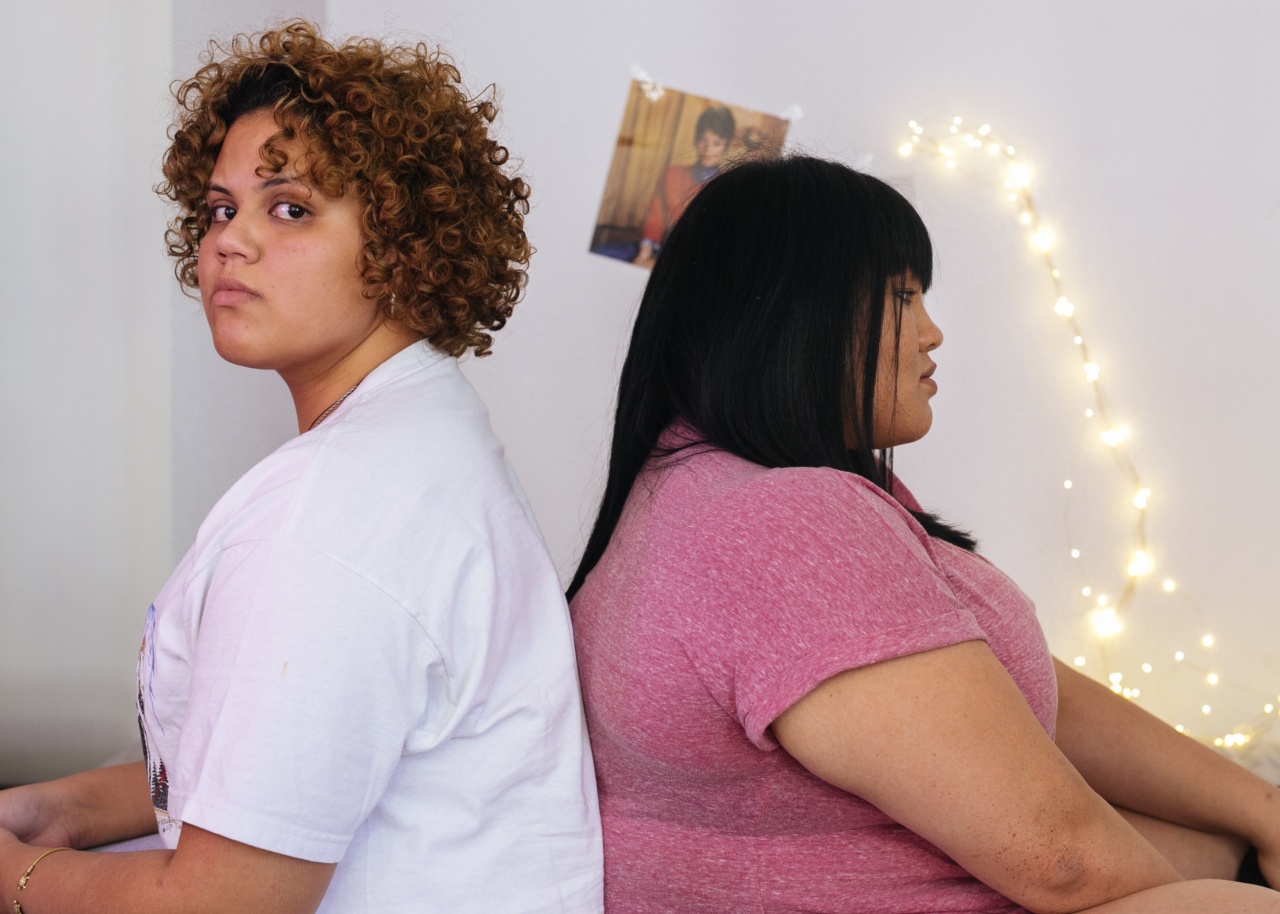Postpartum depression is a serious mental health condition that affects a lot of women after childbirth. It can cause feelings of sadness, anxiety, anger, and helplessness.
However, it is important to know that postpartum depression is treatable, and with proper diagnosis and treatment, most women recover fully.
What is postpartum depression?
Postpartum depression is a type of depression that occurs after childbirth. It is a mental health condition that affects women and can start anytime within the first year after giving birth.
Postpartum depression not only affects the new mother, but it also affects the baby and the rest of the family. PPD can make it difficult to bond with the baby, take care of the baby, and interfere with day-to-day activities.
What are the symptoms of postpartum depression?
The following symptoms may indicate that you have postpartum depression:.
- Sadness or empty feelings
- Anxiety
- Inability to enjoy things
- Trouble sleeping or sleeping too much
- Feeling tired all the time
- Changes in appetite or weight
- Difficulty concentrating
- Feeling overwhelmed or hopeless
- Loss of interest in sex or activities
- Thoughts of harming yourself or the baby
Take the quiz:
Answer the following questions to find out if you might have postpartum depression.
1. Do you feel sad or empty?
NoSometimes
Often
2. Have you lost interest in activities that you used to enjoy?
NoSometimes
Often
3. Do you feel hopeless or worthless?
NoSometimes
Often
4. Do you have trouble sleeping?
NoSometimes
Often
5. Do you feel tired all the time?
NoSometimes
Often
6. Do you have trouble concentrating?
NoSometimes
Often
7. Do you have thoughts of harming yourself or your baby?
NoSometimes
Often
document.getElementById(“ppd-quiz”).addEventListener(“submit”, function(event) { event.preventDefault(); var score = 0; var results = “”; var resultValue = “”; var q1 = parseInt(document.querySelector(‘input[name=”q1″]:checked’).value); var q2 = parseInt(document.querySelector(‘input[name=”q2″]:checked’).value); var q3 = parseInt(document.querySelector(‘input[name=”q3″]:checked’).value); var q4 = parseInt(document.querySelector(‘input[name=”q4″]:checked’).value); var q5 = parseInt(document.querySelector(‘input[name=”q5″]:checked’).value); var q6 = parseInt(document.querySelector(‘input[name=”q6″]:checked’).value); var q7 = parseInt(document.querySelector(‘input[name=”q7″]:checked’).value); score = q1 + q2 + q3 + q4 + q5 + q6 + q7; if (score = 7 && score = 15 && score <= 21) { results = "You may have moderate to severe postpartum depression. Please consult with your healthcare provider immediately."; resultValue = "2"; } document.getElementById('ppd-quiz').innerHTML = "
” + results + “
“; fetch(“/submit-ppd-quiz?result=” + resultValue); });What to do if you have postpartum depression?
If you think you may have postpartum depression, it’s important to seek help right away. There are a few steps you can take:.
- Talk to your healthcare provider: They can help you manage your symptoms and figure out the best course of treatment.
- Therapy: Therapy can help you work through your feelings and develop coping strategies.
- Medication: Antidepressant medications can be very helpful in treating postpartum depression, but you should always consult with your healthcare provider before starting any medication.
- Support groups: Support groups can provide a safe and welcoming environment where you can talk about your experiences and receive advice and encouragement from other women who have gone through postpartum depression.
Conclusion
Postpartum depression can be a difficult and isolating experience, but it is important to remember that you are not alone and help is available.
By taking this quiz and seeking help from your healthcare provider, you can take the first step toward recovery.






























